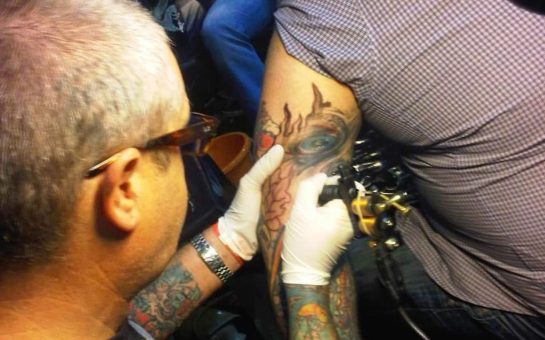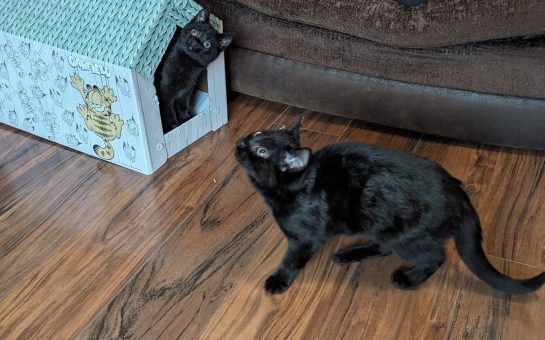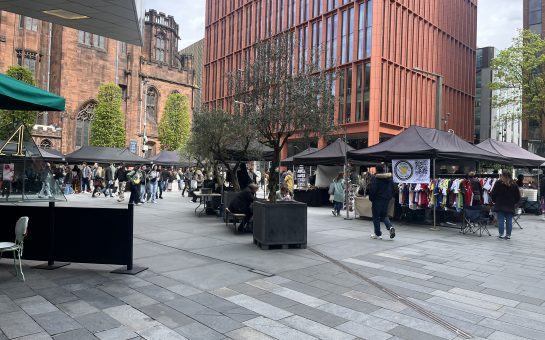Privatisation of Greater Manchester’s ambulance service is the latest step towards the coalition government’s self-destruction, according to a trade union official.
Arriva won the contract for patient transport from the NHS at the start of April, but have suffered some initial teething problems.
And UNISON North West’s Angela Rayner, who helped launch a campaign last year to prevent the move, believes the Conservatives especially will suffer as a result.
“I think the whole of what they’re doing to the hospital service will damage this coalition,” she told MM.
“They are picking bits of the health service off and privatising it. It is one thing the coalition government will suffer from in the next general election.”
Mrs Rayner launched the campaign in October with the help of some of members of parliament, including Lucy Powell and Andy Burnham.
Her petition collected more than 14,000 signatures in eight weeks and, along with fellow campaigners, she went to London to present it to health secretary Jeremy Hunt.
The government ignored the protest and awarded the contract to Arriva, but Mrs Rayner drew some positives from the process.
“It galvanised the community and got a lot of people involved,” she said.
“People were getting really upset by it. These are vulnerable people who don’t necessarily have the opportunities to fight something like that.”
Her opposition to the move resulted from the secrecy with which the decision was made and the process of awarding the contract solely on a cost basis.
Manchester was the only one of five North West regions to be taken out of the NHS’ control and Mrs Rayner believes there was a ‘cost before care’ motive.
“Nobody spoke up and said ‘I want Arriva delivering the service’,” she added.
And a number of examples that have come to light since the start of April suggest her concerns were fully warranted.
Caroline Connelly, whose mother Annette regularly visits Manchester Royal Infirmary for dialysis treatment, wrote to the Salford Star earlier this month.
She told them Ambulances have regularly arrived late, or not at all, since the turn of the month and her mother was forced to call a taxi for all but one of her five visits.
“I wholly believe this is nobody’s fault except Arriva’s, as this has never happened before,” she said.
Anne Chadwick, of Worthington, was also left unimpressed, after Arriva told her 99-year-old grandmother to expect a seven-hour wait for a bus at Tameside Hospital A&E.
Andrew Gwynne, MP for Denton and Reddish, who was involved in Mrs Rayner’s campaign, branded the news ‘disgusting’.
Craig Wilde, branch secretary of North West Ambulance Service UNISON, has been tasked with working alongside Arriva and only discovered such stories of early failure through the media.
“I wasn’t made aware of that by Arriva, which I was a bit miffed about,” he said. “Something like that I would expect them to act on pretty early.
“If they want us to work with them they should be open and honest about stuff like that.”
An Arriva employee, who asked to remain unnamed, believes the decision to privatise the service was a mistake, but the troublesome start is simply teething problems.
“It was mayhem in the first few days,” he told MM. “The first few days were incredibly strenuous for everybody, but things are getting on track.
“Any new operation is going to carry teething problems – I think everybody would accept that.”
Jonathan May, managing director of Arriva Transport Solutions Limited (ATSL), stressed his company’s long-term focus in response to critical reports.
He said Arriva invested £4million into bespoke ambulances and £1million upgrading technology, in preparation for the move.
They also transferred 330 former NHS Trust employees to ATSL and expect to help 500,000 patients get to and from hospital appointments every year.
“We are aware that some patients did wait longer than they should have and we are sorry for any distress this may have caused,” he said.
“Improving the experience for patients and reducing delays is our main priority.”
However, Mr Wilde believes the move from running the service out of 31 NHS locations to just a handful of Arriva bases means the early issues will not be so easy to eradicate.
“It’s very hard to say whether these teething problems will go away. I’m not convinced they will do, just because of the way Arriva operate.
“Inevitably there’s going to be wastage of time there.”
Picture courtesy of Hazelisles, with thanks.
For more on this story and many others, follow Mancunian Matters on Twitter and Facebook.



